NanoViricides designs trial protocol for phase II...
Category : Clinical Trial Update 18 July 2025Overview NanoViricides, Inc, a publicly traded company and a clinical stage, leading global pione...
Newsletter- All News is a comprehensive section of updated news and current trends, specifically curated to keep clinical trials, including breakthroughs in drug research, regulatory approvals, and advancements in study methodologies. Our news covers key trends in trial designs, patient recruitment strategies, and cutting-edge technologies shaping the future of clinical research
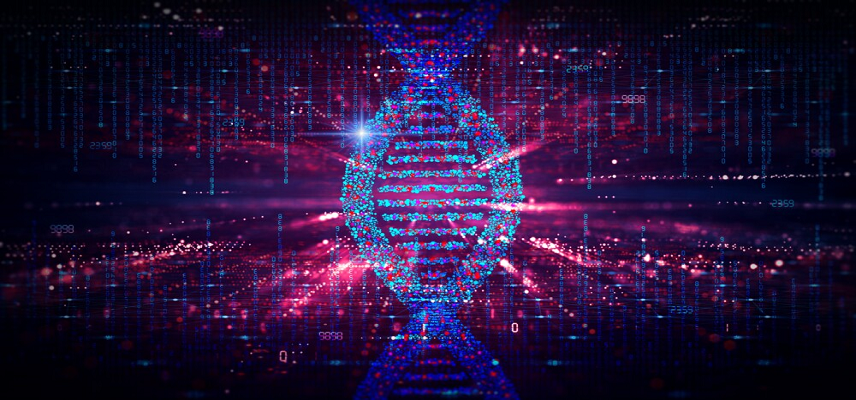
Overview NanoViricides, Inc, a publicly traded company and a clinical stage, leading global pione...
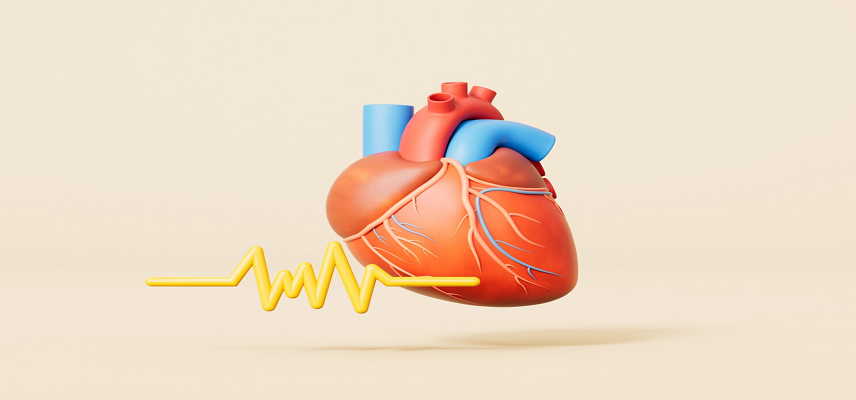
Overview Positive high-level results from the BaxHTN phase III trial showed baxdrostat at two dos...
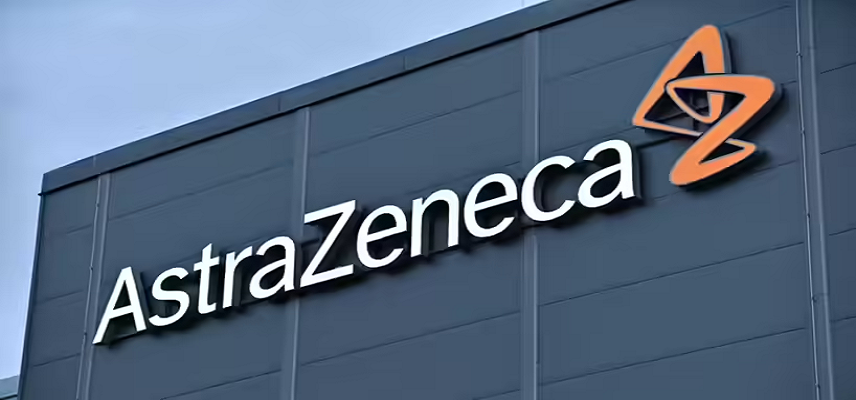
Overview High-level results from the Cardiac Amyloid Reaching for Extended Survival (CARES) phase...
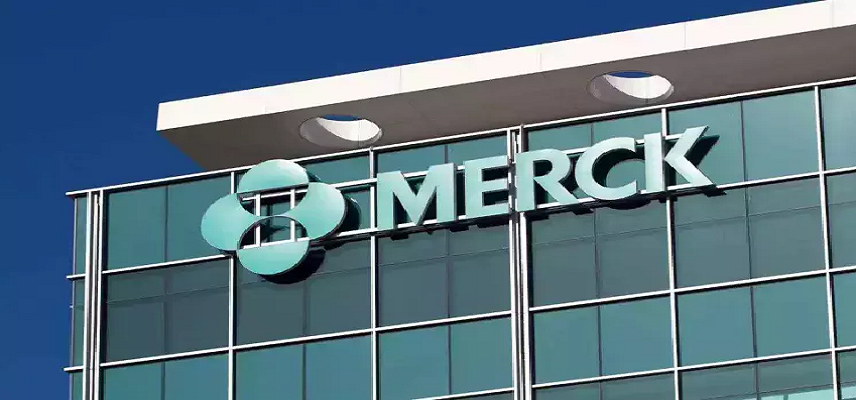
Overview Merck, known as MSD outside of the United States and Canada, announced the initiation of...
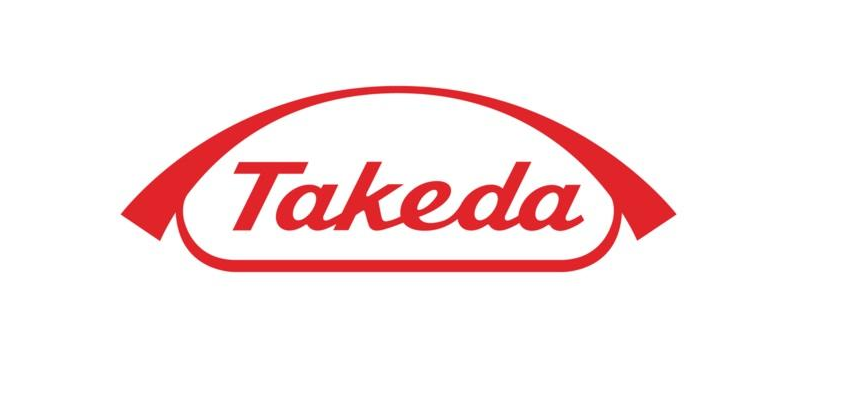
Overview Takeda, a global company focused on creating better health for people and a brighter fut...